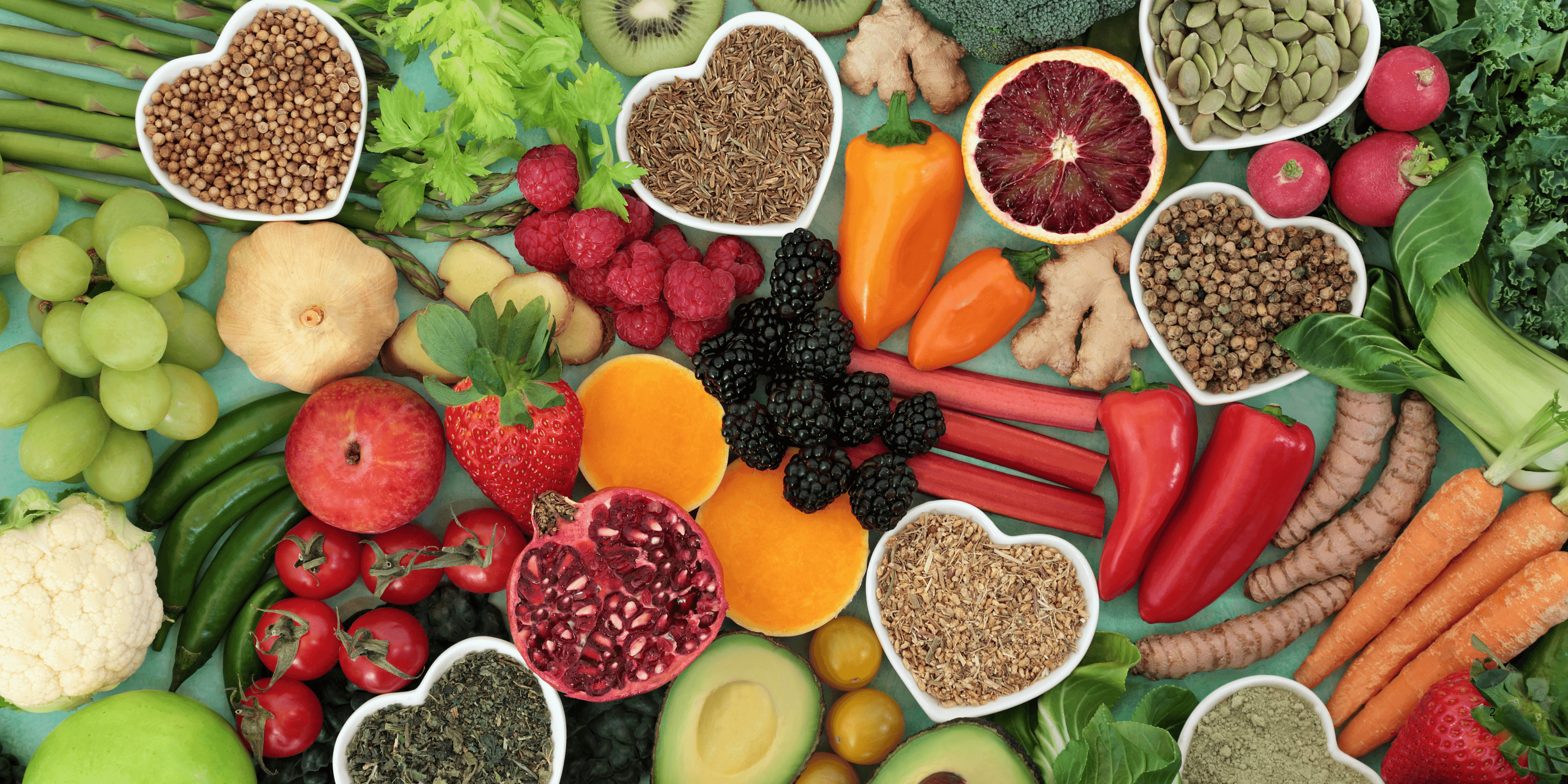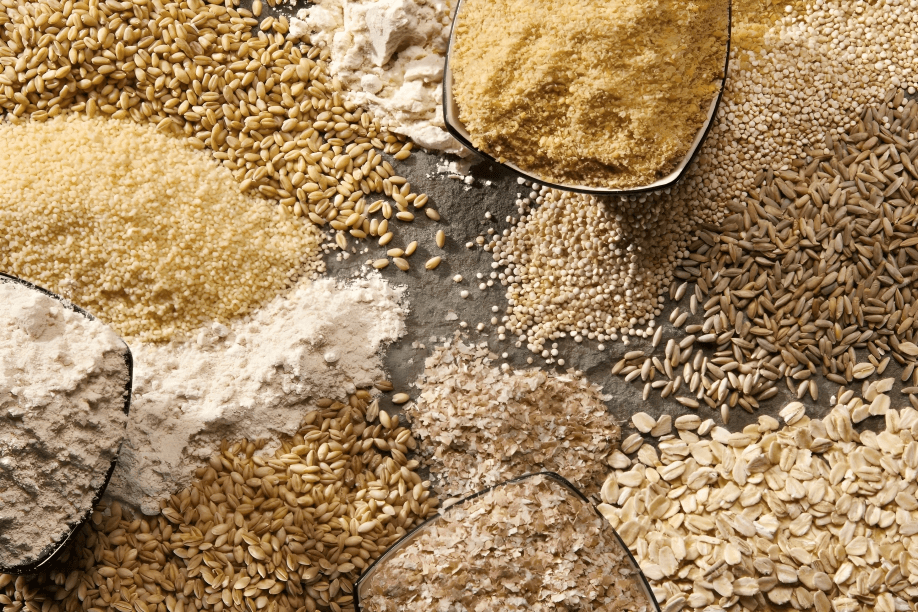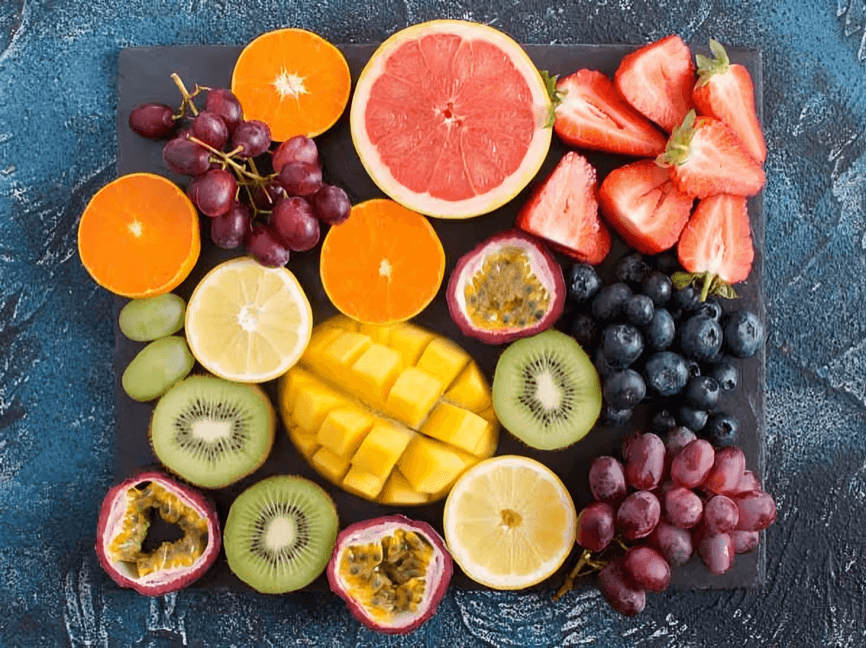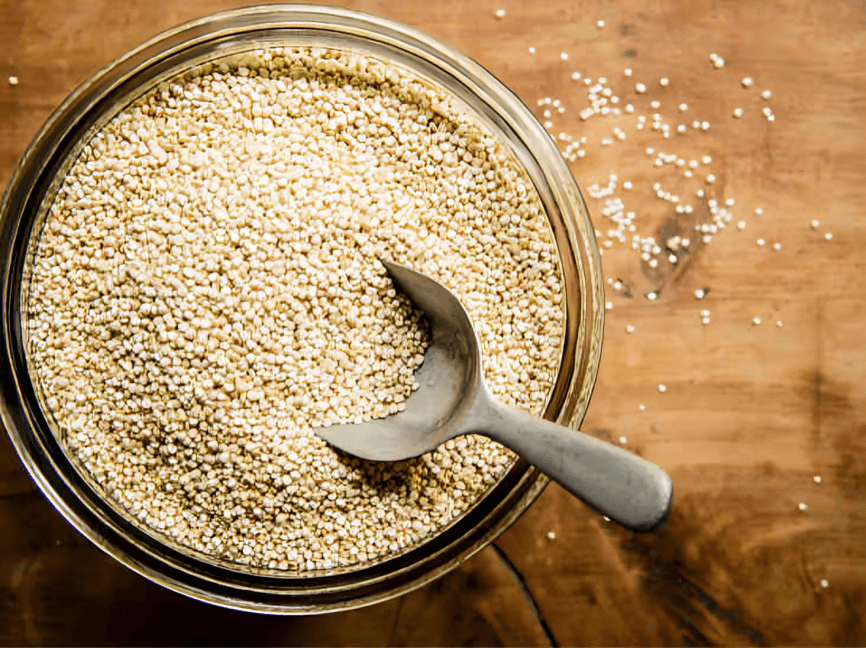
“
Maintaining cardiovascular wellness requires more than just exercise—nutrition plays a vital role too. The best foods for a strong and healthy heart are those rich in antioxidants, fiber, omega-3s, and healthy fats. These heart-supporting nutrients help reduce inflammation, manage blood pressure, and prevent cholesterol buildup. 1
1
”
Oily fish like salmon and sardines are packed with omega-3 fatty acids, which reduce triglyceride levels and help regulate heart rhythms, making them a powerful defense against heart failure. 1
Leafy greens such as spinach, kale, and collard greens are loaded with nitrates and vitamin K, which help relax blood vessels, lower arterial stiffness, and prevent calcium buildup in artery walls. 2

Whole grains like oats, barley, and brown rice are high in soluble fiber, which binds to cholesterol in the digestive tract, reducing overall LDL levels and improving long-term arterial and heart function.
Dark chocolate, when consumed moderately and with at least 70% cocoa, is rich in flavonoids that enhance nitric oxide production and lower blood pressure for better heart and vascular health. 3
Olive oil, especially extra virgin, is rich in monounsaturated fats and antioxidants that reduce cholesterol oxidation and promote smooth artery lining, playing a major role in the Mediterranean heart-healthy diet. 4
Beans and lentils provide plant-based protein and are rich in potassium, fiber, and folate, which support blood pressure regulation and reduce homocysteine levels—a key factor linked to arterial damage. 5
Tomatoes provide lycopene, a strong antioxidant that protects heart tissue and helps lower atherosclerosis risk, especially when cooked or eaten with olive oil for better absorption.6
Garlic has sulfur compounds like allicin that improve blood flow, reduce arterial stiffness, and slightly lower cholesterol, making it a flavorful and heart-supportive addition to meals across many cultures. 7
Broccoli, a cruciferous vegetable, contains sulforaphane and fiber, which reduce inflammation, detoxify blood vessels, and help protect the arteries from long-term structural damage or blockages. 8

Oranges and other citrus fruits are high in vitamin C and flavonoids that improve vascular flexibility, reduce inflammation, and help reduce the risk of stroke and other cardiovascular conditions.
Pomegranates are rich in antioxidants like punicalagins that protect the heart by lowering blood pressure, reducing arterial plaque, and supporting nitric oxide production for improved blood vessel dilation. 9
Low-fat yogurt and other probiotic-rich foods support gut health, which is increasingly linked to cardiovascular wellness, reducing blood pressure through a healthier balance of intestinal bacteria. 10
Sweet potatoes are loaded with potassium, fiber, and vitamin A, which support blood pressure regulation and provide slow-release energy without blood sugar spikes that can damage arteries over time. 11
Tofu and soy-based foods contain isoflavones, which help lower bad cholesterol and improve artery elasticity, making them excellent meat substitutes in a heart-supportive plant-based diet. 12
Beets are high in dietary nitrates, which convert to nitric oxide and help widen blood vessels, lower blood pressure, and increase blood flow—especially helpful during physical activity or in aging adults. 13
Apples provide pectin, a form of soluble fiber that binds with cholesterol, along with polyphenols that help reduce blood pressure and oxidative damage, contributing to long-term heart strength. 14

Quinoa, a complete plant protein, offers magnesium and fiber, both of which reduce arterial stiffness, regulate heartbeat, and improve the blood's ability to circulate smoothly throughout the body.
Edamame beans are rich in protein, fiber, and omega-3s, which help improve lipid profiles, reduce cholesterol levels, and promote a better balance of fats within the bloodstream for cardiac support. 15
Dark leafy herbs like parsley and cilantro not only add flavor but are also rich in anti-inflammatory compounds and heart-supportive vitamins like folate, which help prevent homocysteine buildup. 16
The Persian polymath Avicenna, in his “Canon of Medicine,” linked heart vitality to the balance of bodily humors and advocated specific foods like pomegranate and barley to keep the heart strong and resilient. 17


